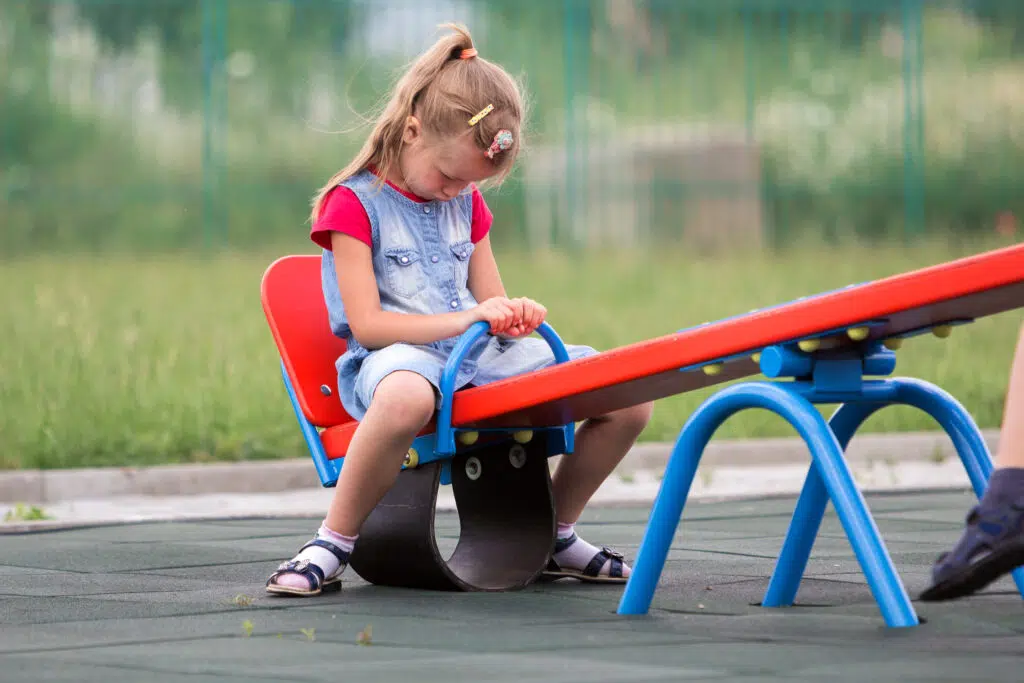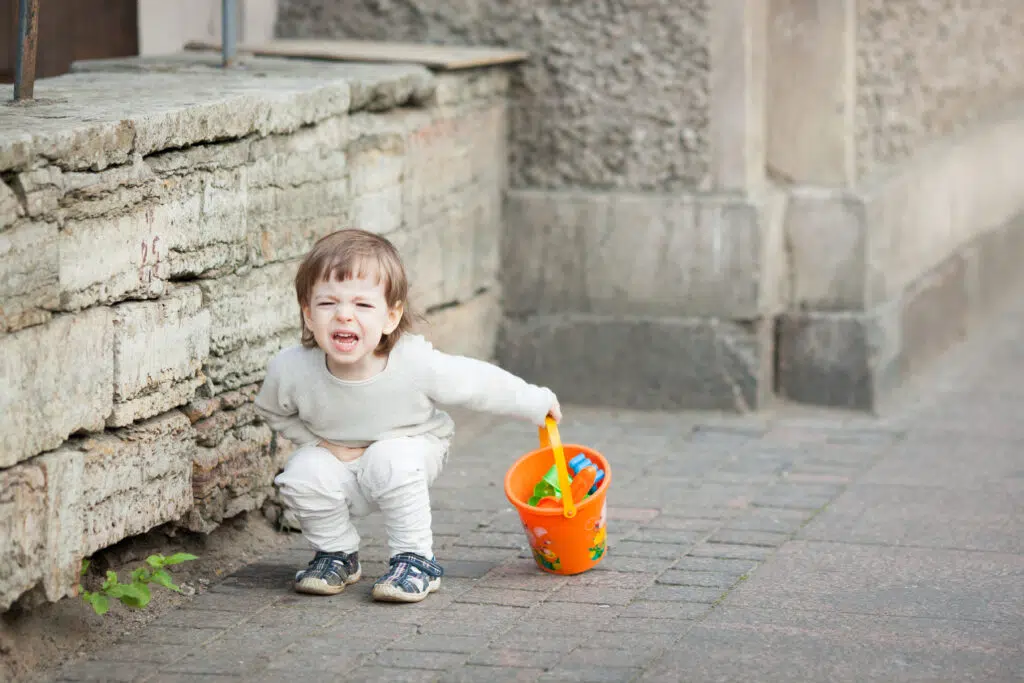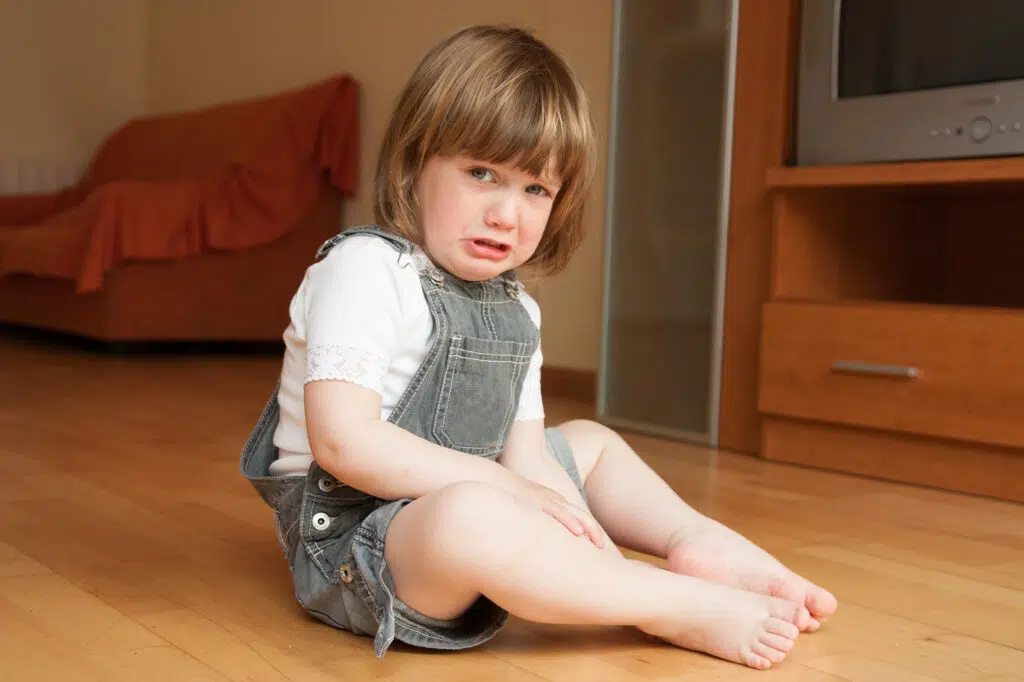As a mom of two young children (one of which is three years old), I know how hard dealing with tantrums can be. From meltdowns in the grocery store to outbursts at home, handling these moments with patience and calm is essential. Over the last few years, I’ve come up with some things that work for our family to keep the tantrums manageable. Here’s what I’d recommend if you’re in the trenches of parenthood too.
1. Stay Calm and Collected

The first thing you need to remember is to stay calm. If you blow up, it will only fuel the fire. It’s important to remember they’re just kids. They don’t know how to express their emotions properly. Staying calm not only sets a good example, but it helps you avoid escalating the situation.
2. Acknowledge Their Feelings

Children need to feel heard, even if they are throwing a crazy tantrum. I always try to validate their feelings by telling them I understand. Say something like, “I know you’re upset” or “I understand you’re frustrated.” Taking the time to acknowledge their emotions doesn’t mean you agree with what they’re doing, but it shows empathy. When they feel like they are understood, they will likely be more open to calming down.
3. Set Clear and Consistent Boundaries

As a parent, boundaries are important. You need to be consistent in the boundaries you set because tantrums can often stem from unclear expectations. I do what I can to make sure my children know what’s acceptable and what’s not. Setting limits, such as “We don’t hit” or “We speak kindly,” gives them a framework for acceptable behavior. Be consistent in the rules you lay down. Mixed messages will only lead to confusion, making them more prone to tantrums and outbursts.
4. Redirect Their Attention

Redirecting their attention is a good way to diffuse a situation that’s out of your control. You can try to grab their attention with something more positive or engaging, such as a game or activity. For instance, if they’re upset because they can’t have a toy, I suggest we go read a favorite book or build with blocks. This often allows me to pull them out of the tantrum before it really takes off.
5. Teach Them Coping Skills

Coping skills are one of the most important things you’ll teach your kids. They don’t naturally know how to handle the big emotions they have. So, you should take the time to teach your children healthy ways to cope. I’ve focused on age-appropriate things like counting to ten, deep breathing or hugging themselves when they feel big emotions. We also practice these skills during calm moments so they know how to use them when they feel upset. It’s empowering for them to be able to use these skills to calm themselves down and, in the end, it’s rewarding for me to see them use something I taught them.
6. Pick Battles Wisely

Some things just aren’t worth the fight. As a parent, it’s important to choose your battles wisely. If a tantrum is about something small, you might just want to let it go to avoid unnecessary conflict. Mismatched clothes or bringing an extra toy along isn’t the end of the world. Sometimes allowing it will help keep the peace. Being flexible is key to keeping your days calmer and tantrums more manageable.
7. Use Positive Reinforcement

Positive reinforcement will help you reduce future tantrums. If they are handling their emotions well, give them praise for doing so. I’ll say something like, “I’m so proud of how you stayed calm” or “Thank you for using your words.” Recognizing their efforts will help reinforce good behavior, teaching them that calmness and communication are rewarded.
Embracing Patience and Progress

Tantrums aren’t easy by any means. However, with the right strategies, you can create a calmer environment for your kids. Keep these tips in mind when it comes to handling your kids’ emotions. Sometimes, we all just need to take a deep breath and remember what’s important.